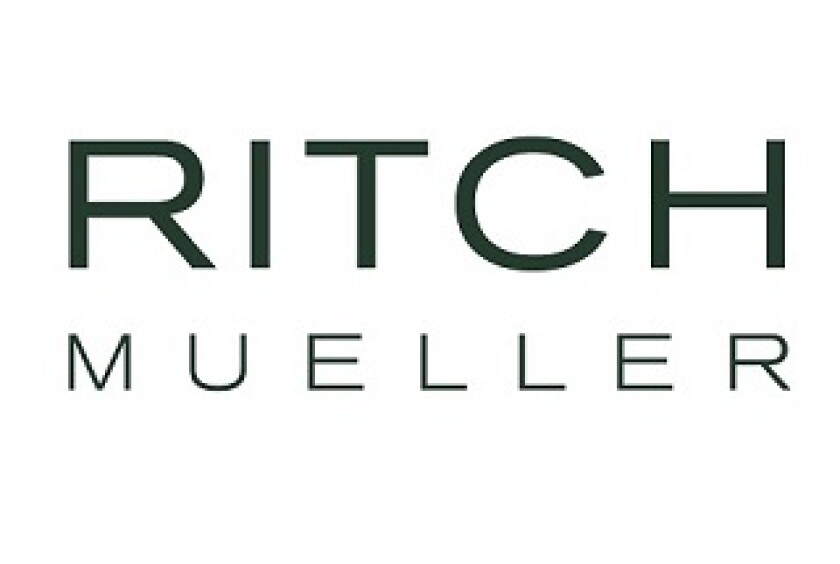
As a key initiative for President Trump’s administration, the proposed tax reform is generally aimed at addressing, among others, three main issues: (i) making the Internal Revenue Code simpler; (ii) lowering both individuals’ and businesses’ income tax rates; and (iii) implementing international tax rules to repatriate offshore investments.
Although generally similar to the Tax Cuts and Jobs Act originally approved by the House of Representatives on November 16, the amended tax reform bill approved by the Senate somehow diverges on different important issues that are still to be discussed by Congress, but it is at least consistent in addressing these three issues that will most certainly become law at some point early next year. If passed, it will represent the most significant reform that the Internal Revenue Code would have suffered since Regan’s 1986 Tax Reform Act.
To name a few of the most relevant changes related to business taxes, the reform includes proposals to:
Permanently reduce the corporate income tax rate from 35% to 20%;
Impose a minimum tax on deductible payments made to foreign related entities. Originally, a 20% excise tax was proposed to be applied to payments made to foreign subsidiaries, but this is still an item open for discussion by Congress;
Implement a mandatory “toll tax” on previously untaxed foreign earnings. A 14.49% tax rate is proposed on previously untaxed foreign cash and cash equivalents, with a reduced 7.49% tax rate for illiquid assets, allowing for payment of the tax liability over a period of eight years;
Implement a territorial tax system by providing for a 100% dividend received deduction on certain foreign-source dividends received by US corporations;
Limit business interest deductions in certain cases;
Encourage transfers of intangible property from CFCs to US parent companies;
Allow businesses to immediately write off the costs of new equipment during the next five years, instead of depreciating the value of assets over time, ending after five years.
Out of these specific changes, the permanent reduction of the corporate income tax rate from 35% to 20% has caught most of the international forum’s attention since such a drastic alteration could directly and indirectly impact economies that rely upon multinationals’ setting up shop in their jurisdictions driven by their own version of a tax friendly environment, as well as on investments from private equity firms that will have more incentives to invest their money in the US.
In Mexico, the corporate income tax rate is currently 30% – by no means the most competitive all around – but if compared to the 35% rate applicable to American businesses, it could prove to be somehow appealing. However, once the American corporate income tax rate is effectively reduced, saving up to a third in taxes will most certainly sound like a good enough driver to force many multinationals into migrating across the border. Of course other circumstances should also be weighted-in prior to migrating companies out of Mexico into the US, the most relevant of which are, for instance, that Mexican labour costs are still significantly lower than those in the US and that the maquiladora regime requires paying marginal taxes for manufacturing operations in Mexico. Nevertheless, our view is that Mexico will have to adjust accordingly in order to avoid investment leakages.
Likewise, from a Mexican perspective, the reach of the reform’s enactment in that a 20% excise tax could be applicable to payments made to foreign related parties would also spread across multinationals that currently rely upon supply chain structures designed to manufacture products in Mexico, benefiting from the maquiladora regime. The maquiladora regime has been traditionally used by multinationals seeking for cheap manufacturing costs under advantageous tax environments (i.e. permanent establishment and import VAT exemptions), which also allow them to export products back into the markets in which the goods are finally retailed.
It would also be interesting to evaluate the real impact that the reduction of the corporate income tax rate will have on investments made by US private equity firms in Mexico since many large infrastructure projects take advantage of tax incentives, such as the accelerated depreciation of fixed assets, which might have more weight in the returns of the investors. Projects with no tax incentives in Mexico would definitely have a hard time competing against US projects for capital.
The corporate income tax rate reduction and the territorial tax system implementation would imply that the US tax regime would be considered as a preferential tax regime or ‘tax haven’ (REFIPRE), with all of the underlying tax implications that this entails.
Although a thorough analysis should be made once the definitive reform bill is passed, both the Mexican governmental authorities and the private sector should evaluate how these reforms could impact Mexican investments and should therefore assess the implementation of the appropriate measures to counter any negative outcomes.
Currently, the newly appointed Mexican Minister of Finance José Antonio González Anaya has taken the position that it would still be premature for Mexico to react with a parallel tax reform. However, he has not rejected the possibility of enacting a tax reform prior to President Peña Nieto leaving office in order to preserve foreign investments in Mexico.
This article was written by Oscar López Velarde Pérez and Juan Jose Paullada Eguirao of Ritch, Mueller, Heather y Nicolau, S.C. for International Tax Review.
Oscar López Velarde Pérez (olopezvelarde@ritch.com.mx)
Juan Jose Paullada Eguirao (jpaullada@ritch.com.mx)
Ritch, Mueller, Heather y Nicolau, S.C.










